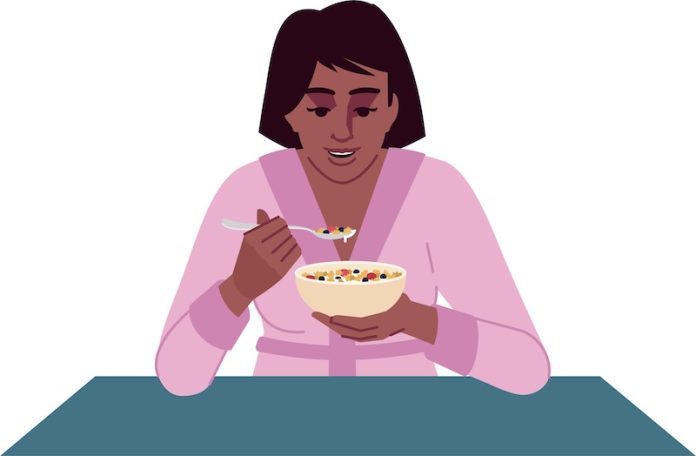
Liver disease, a significant health concern worldwide, affects millions of people each year.
Fortunately, evidence suggests that managing diet and engaging in regular exercise can significantly influence liver health.
This review will explore how specific dietary and physical activity changes can help manage liver disease, all explained in straightforward language for easy understanding.
The liver is a powerhouse organ responsible for vital functions like detoxifying harmful substances, producing proteins, and regulating blood sugar levels. When it’s healthy, these processes run smoothly, but liver diseases can disrupt them, leading to severe health issues.
Common types of liver disease include hepatitis, fatty liver disease, and cirrhosis. Lifestyle changes, especially in diet and exercise, play a crucial role in managing and sometimes reversing the progression of liver disease.
Diet for Liver Health
Dietary management for liver health focuses on several key areas: reducing fat intake, avoiding excess calories, and increasing fiber intake. These changes can help lessen the liver’s workload and prevent further damage.
- Reduce Fat Intake: For those with fatty liver disease, reducing fat intake is crucial. Saturated fats found in butter, fatty meats, and deep-fried foods can worsen liver inflammation. Replacing these with healthier fats, such as those found in olive oil, nuts, and fish, can have a beneficial effect on liver health.
- Control Sugar and Refined Carbohydrates: High intake of sugar and refined carbohydrates, like white bread and pasta, can lead to fat accumulation in the liver. This is particularly detrimental in conditions like non-alcoholic fatty liver disease (NAFLD). Switching to complex carbohydrates found in whole grains, fruits, and vegetables can help manage this issue.
- Increase Fiber: Fiber helps regulate digestion and can aid in reducing liver fat. Foods rich in fiber, such as legumes, whole grains, fruits, and vegetables, should be staples in the diet of someone managing liver disease.
- Avoid Alcohol: Alcohol can be particularly harmful to the liver, as it requires significant liver resources to metabolize. For individuals with liver disease, avoiding alcohol is a critical dietary adjustment.
- Stay Hydrated: Drinking adequate water is essential for helping the liver flush toxins from the body.
Exercise for Liver Health
Physical activity is another critical component in managing liver disease. Exercise helps burn triglycerides for fuel and can reduce liver fat. Studies have shown that regular exercise, even moderate intensity like brisk walking, can significantly improve liver enzyme levels and reduce liver fat in people with NAFLD.
- Regular Aerobic Exercise: Activities like walking, cycling, and swimming increase overall fitness and help reduce liver fat.
- Resistance Training: Weight lifting or bodyweight exercises help build muscle, which in turn increases metabolism and helps reduce fat storage.
Practical Tips
Combining diet and exercise for liver health isn’t just about avoiding certain foods and engaging in physical activity. It’s about creating a balanced, sustainable lifestyle that supports liver function and overall health.
- Regular Monitoring: Regular check-ups with a healthcare provider can help monitor the health of the liver, adjust diets or exercise plans, and manage any complications.
- Gradual Changes: Making gradual lifestyle changes rather than drastic adjustments helps ensure long-term success.
- Support Systems: Engaging family and friends or joining a support group for people with liver disease can provide encouragement and increase adherence to lifestyle changes.
In conclusion, managing liver disease through diet and exercise requires a thoughtful approach tailored to an individual’s specific health needs.
By focusing on a diet low in fats and sugars, high in fiber, and devoid of alcohol, combined with regular physical activity, individuals can significantly impact their liver health and overall well-being.
Always consult with healthcare professionals before starting any new diet or exercise program to ensure it’s safe and appropriate for your condition.
If you care about weight, please read studies about diet that can treat fatty liver disease, obesity, and hop extract could reduce belly fat in overweight people.
For more information about weight, please see recent studies about how to curb your cravings for ready-to-eat foods, and results showing what you can eat to speed your metabolism up.
Copyright © 2024 Knowridge Science Report. All rights reserved.



